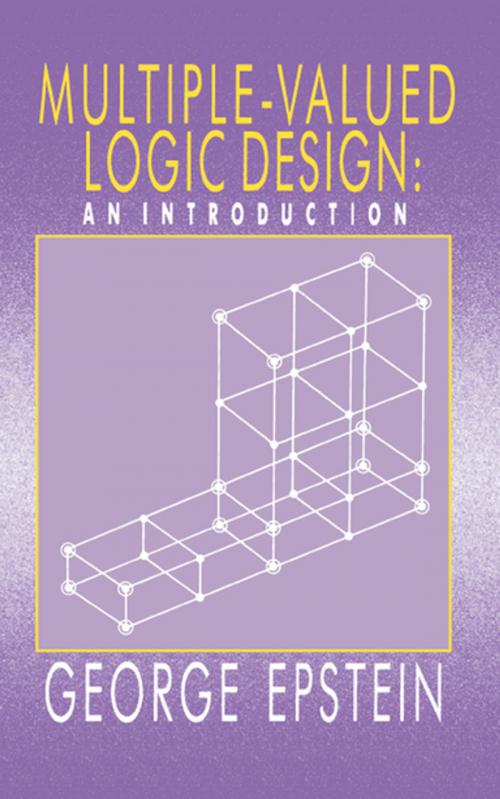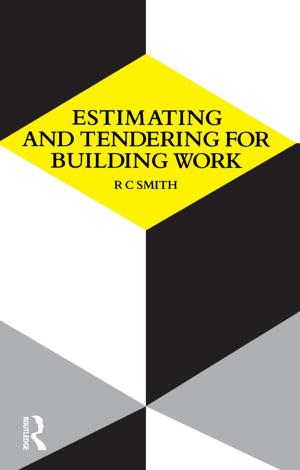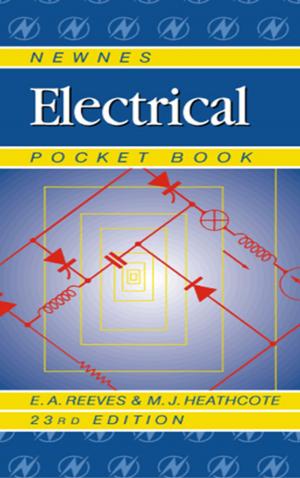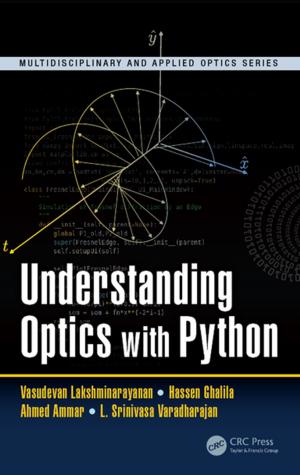Multiple-Valued Logic Design
an Introduction
Nonfiction, Computers, Advanced Computing, Engineering, Computer Architecture, Entertainment & Games, Game Programming - Graphics| Author: | G Epstein | ISBN: | 9781351429610 |
| Publisher: | CRC Press | Publication: | September 29, 2017 |
| Imprint: | Routledge | Language: | English |
| Author: | G Epstein |
| ISBN: | 9781351429610 |
| Publisher: | CRC Press |
| Publication: | September 29, 2017 |
| Imprint: | Routledge |
| Language: | English |
Multiple-Valued Logic Design: An Introduction explains the theory and applications of this increasingly important subject. Written in a clear and understandable style, the author develops the material in a skillful way. Without using a huge mathematical apparatus, he introduces the subject in a general form that includes the well-known binary logic as a special case. The book is further enhanced by more 200 explanatory diagrams and circuits, hardware and software applications with supporting PASCAL programming, and comprehensive exercises with even-numbered answers for every chapter.
Requiring introductory knowledge in Boolean algebra, 2-valued logic, or 2-valued switching theory, Multiple-Valued Logic Design: An Introduction is an ideal book for courses not only in logic design, but also in switching theory, nonclassical logic, and computer arithmetic. Computer scientists, mathematicians, and electronic engineers can also use the book as a basis for research into multiple-valued logic design.
Multiple-Valued Logic Design: An Introduction explains the theory and applications of this increasingly important subject. Written in a clear and understandable style, the author develops the material in a skillful way. Without using a huge mathematical apparatus, he introduces the subject in a general form that includes the well-known binary logic as a special case. The book is further enhanced by more 200 explanatory diagrams and circuits, hardware and software applications with supporting PASCAL programming, and comprehensive exercises with even-numbered answers for every chapter.
Requiring introductory knowledge in Boolean algebra, 2-valued logic, or 2-valued switching theory, Multiple-Valued Logic Design: An Introduction is an ideal book for courses not only in logic design, but also in switching theory, nonclassical logic, and computer arithmetic. Computer scientists, mathematicians, and electronic engineers can also use the book as a basis for research into multiple-valued logic design.















